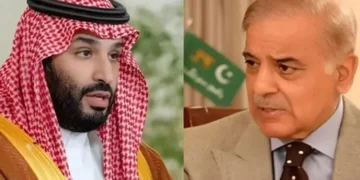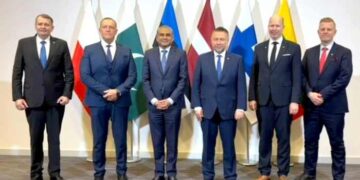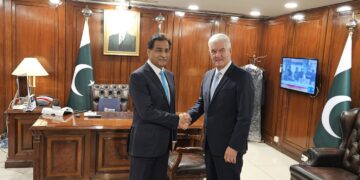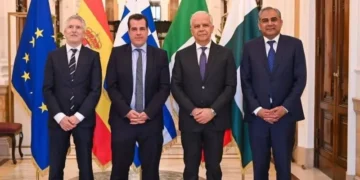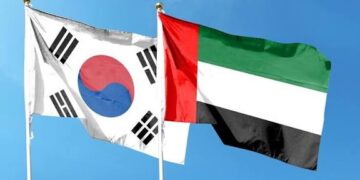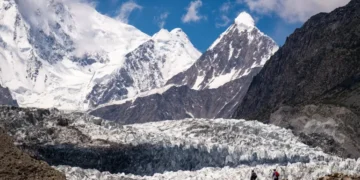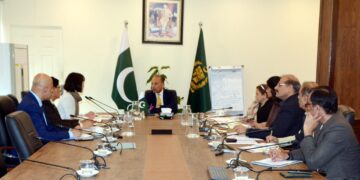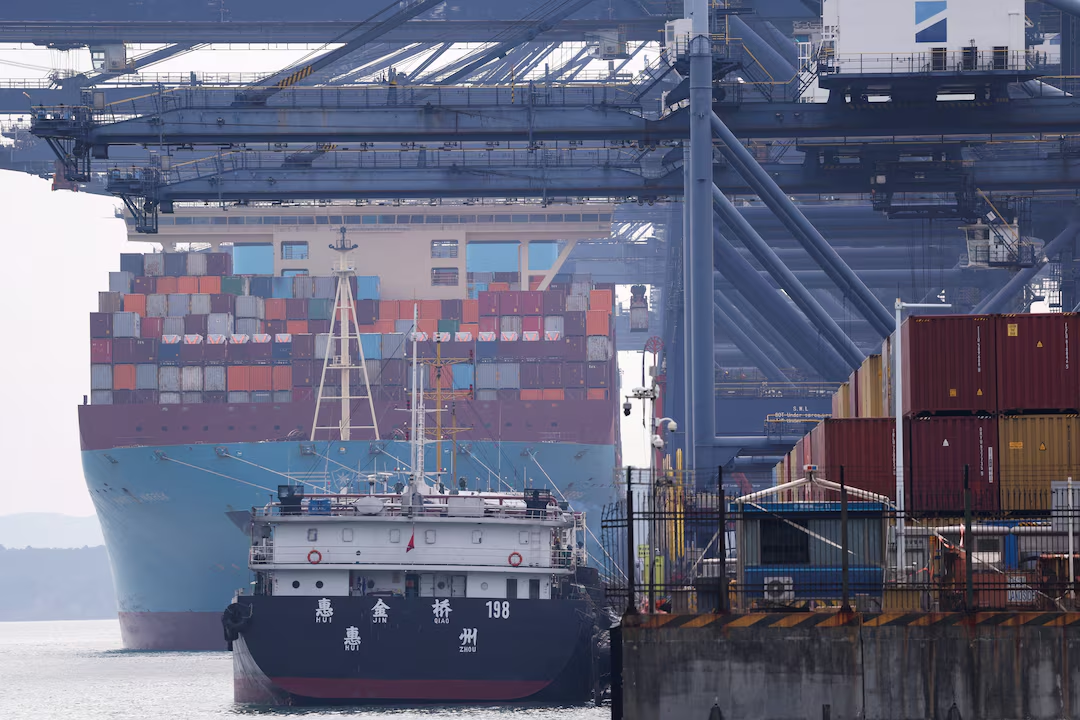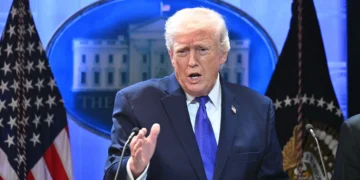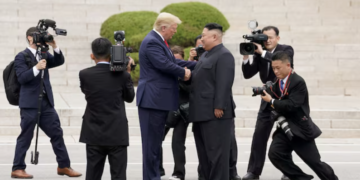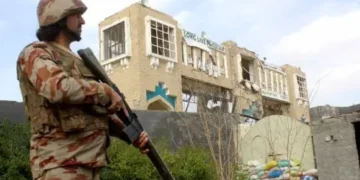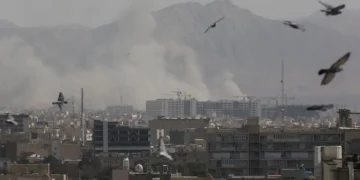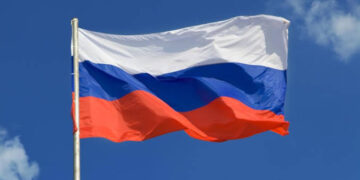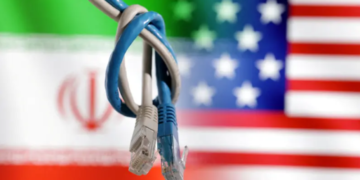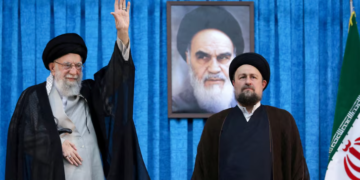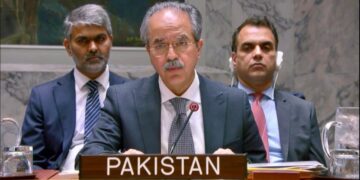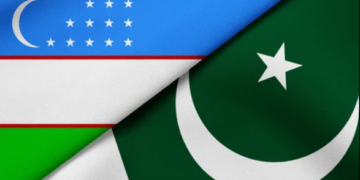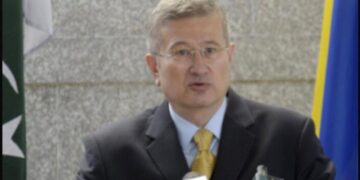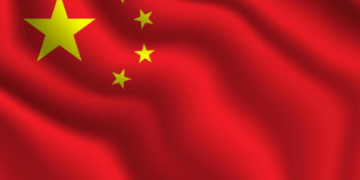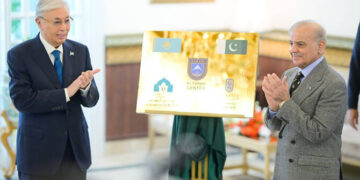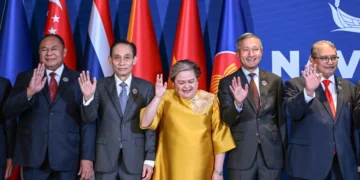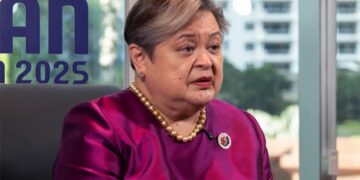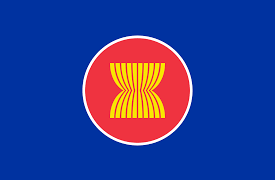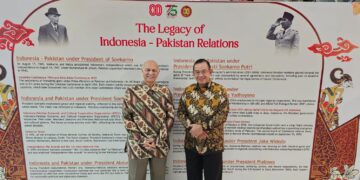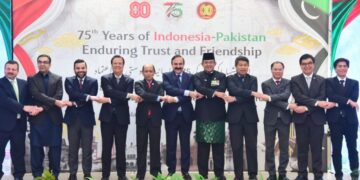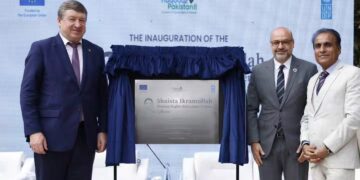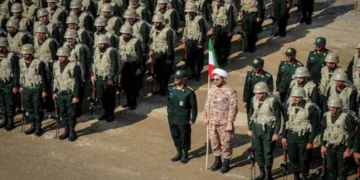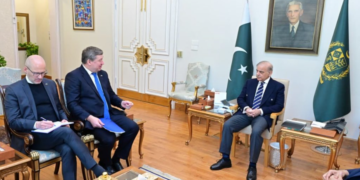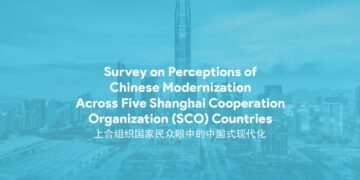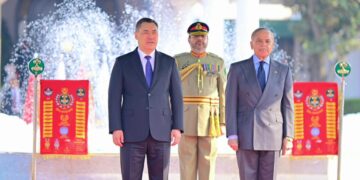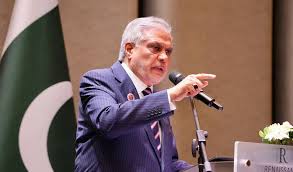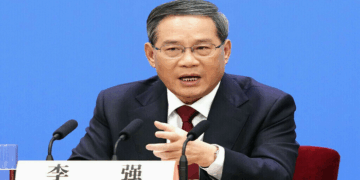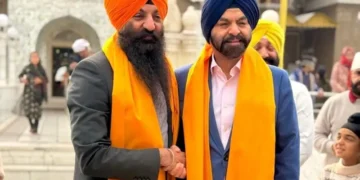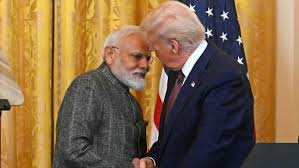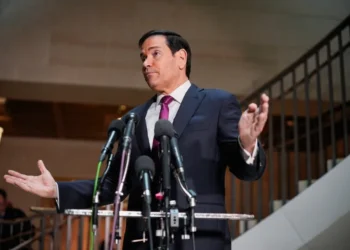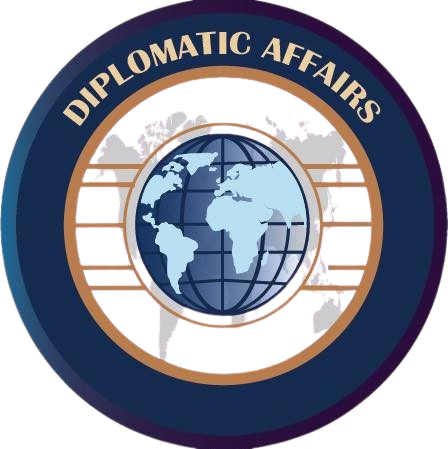Web Desk; United States President Donald Trump has abandoned plans to attend the upcoming Quad summit in India, signaling a sharp downturn in relations between Washington and New Delhi. The development, first reported by The New York Times (NYT) on Saturday, underscores the fragile state of a partnership once hailed as a cornerstone of US strategy in the Indo-Pacific.
According to the report, the cancellation followed a heated phone call on June 17 between Trump and Indian Prime Minister Narendra Modi. During the call, Trump reiterated his role in brokering a ceasefire between India and Pakistan earlier this year, a claim that has long irritated Modi. The NYT noted that Trump went so far as to say Pakistan would nominate him for a Nobel Peace Prize — implying that Modi should consider doing the same. Modi, reportedly frustrated, countered that the ceasefire had been reached directly between New Delhi and Islamabad, without American involvement.
This exchange marked a turning point. The two leaders, once known for their close rapport, have not spoken since that call, with Trump continuing to publicly take credit for ending the brief but deadly escalation.
Breakdown Over Tariffs and Russia
The rift has been compounded by deep trade disputes. Just this week, Washington imposed 50 percent tariffs on a wide range of Indian imports in response to New Delhi’s substantial purchases of discounted Russian oil. The Biden administration has sought to limit Moscow’s ability to finance its war in Ukraine, and India’s growing economic ties with Russia have put it at odds with US policy.
The tariffs represent a major blow to bilateral trade, which had expanded rapidly over the past two decades. Analysts say Washington’s hard line risks driving India closer to Beijing and Moscow at a time when Washington hopes to strengthen regional coalitions against China.
The Pakistan Factor
The India-Pakistan conflict has once again emerged as a central fault line in US-India relations. Following the Pahalgam attack on April 22, which India blamed on Pakistan without presenting evidence, tensions spiraled. Indian air strikes on May 6–7 resulted in civilian casualties, followed by a week-long missile exchange. The conflict only ended after what Washington described as a US-brokered ceasefire. Trump’s repeated insistence that he “ended the war” has, however, been politically toxic in India, where foreign interference in Kashmir-related disputes is viewed as unacceptable.
Compounding the tensions, Indian officials were angered by Trump’s attempts to arrange an informal handshake between Modi and Pakistan’s Chief of Army Staff Field Marshal Asim Munir during a White House visit. Modi declined a subsequent invitation to Washington, wary of being forced into such optics.
Shifting Alliances
While ties with Washington sour, Modi has turned to other forums, attending the Shanghai Cooperation Organisation (SCO) summit in Tianjin, China, where he is expected to meet Presidents Xi Jinping and Vladimir Putin. India’s outreach to Moscow and Beijing signals a recalibration of its foreign policy amid growing unease with Washington.
Meanwhile, Pakistan’s relations with the US appear to be warming. Field Marshal Munir visited Washington twice in under two months, meeting Trump and senior American officials. His second trip was described as opening a “new dimension” in bilateral ties. At the same time, the US and Pakistan finalized a new trade agreement in early August, reducing tariffs to 19 percent and boosting cooperation in energy and resource development.
A Personal Rift with Global Consequences
At its heart, the NYT noted, the Trump-Modi fallout is not just about policy but about clashing egos and populist politics. Trump’s pursuit of recognition, particularly a Nobel Prize, collided with India’s entrenched sensitivities over Pakistan. What began as a partnership of two strongmen leaders has now unraveled into one of Washington’s most visible diplomatic setbacks in South Asia.

